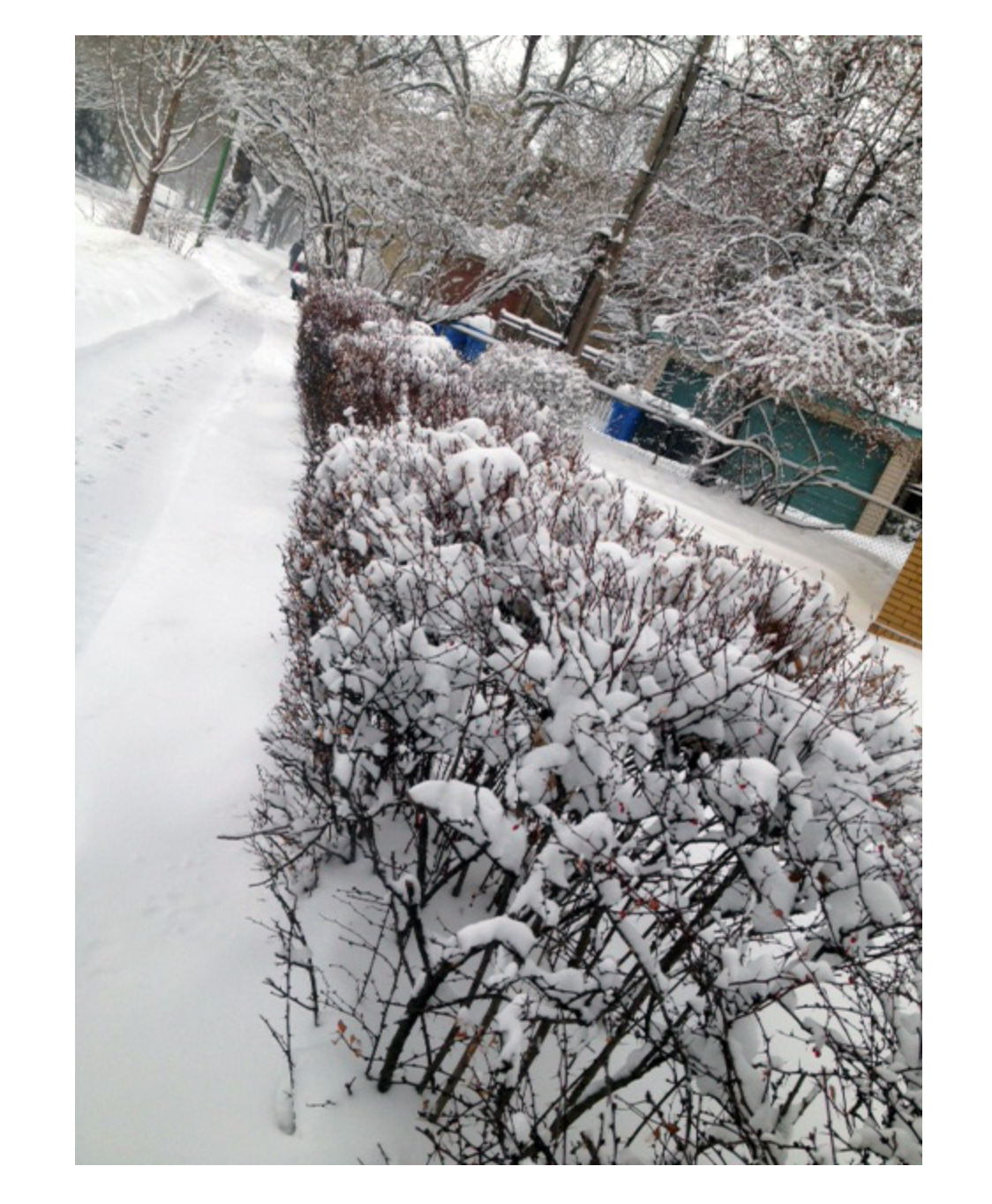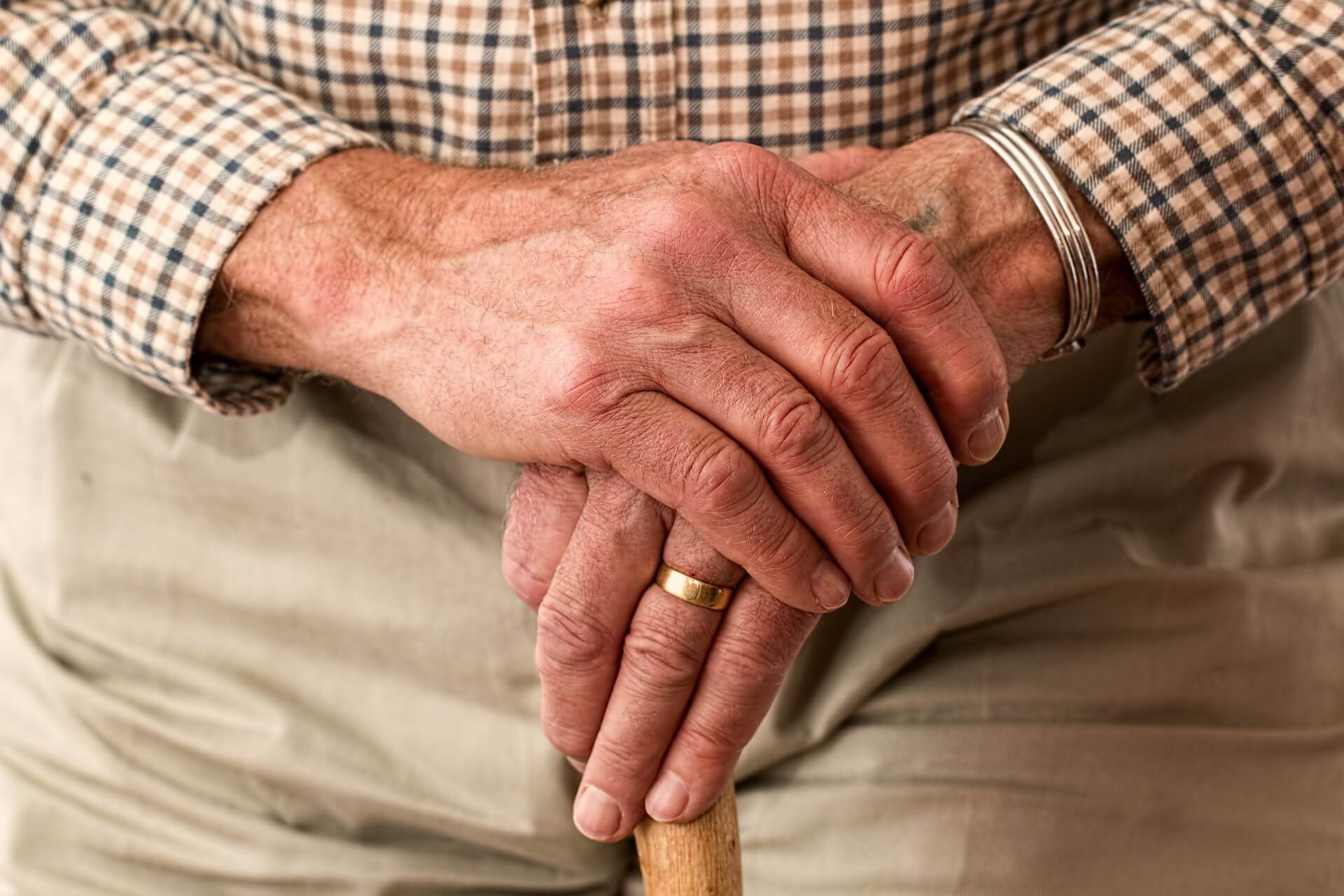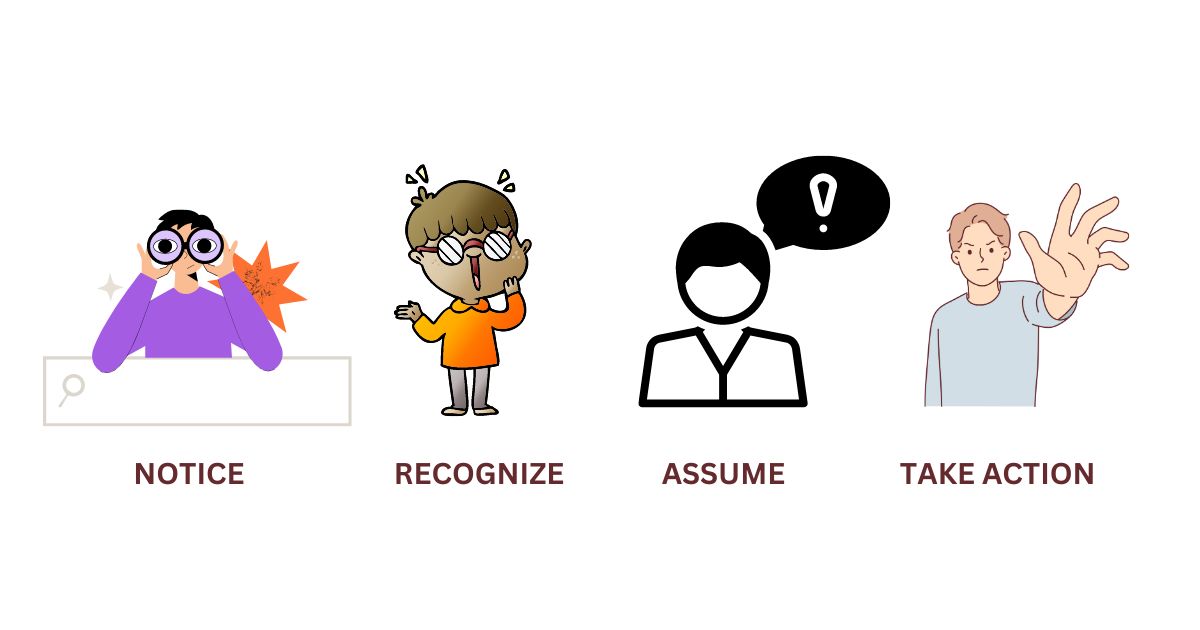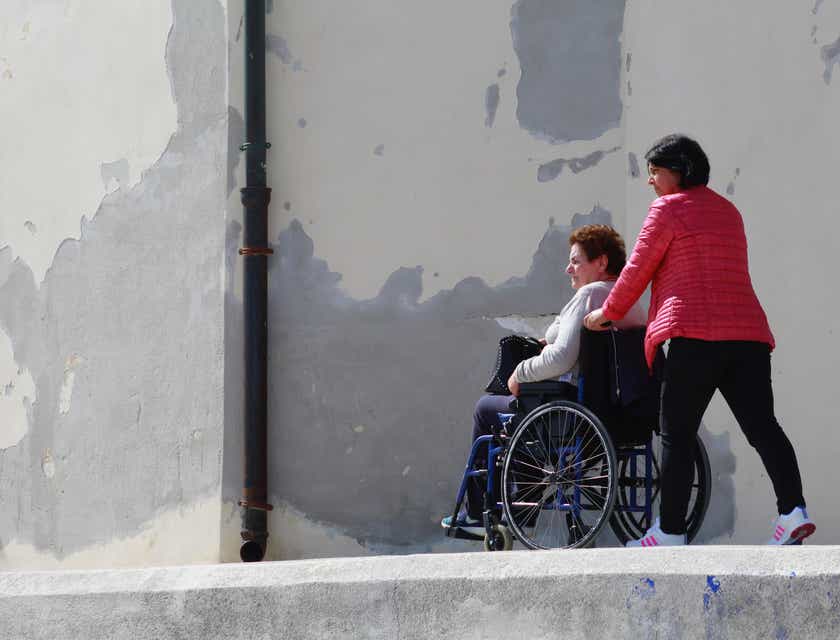Since most of the United States is locked in the grip of a fierce “polar vortex”, or sub-zero temperatures, I thought it might be a good time to revisit special considerations of elderly care during this time of extreme weather. Here in Chicago, yesterday’s low temperature was -16F, with a windchill of -50F. Elsewhere in the Midwest and Plain states, all-time low temperature records were broken. Exposure to the elements could result in frostbite or hypothermia in just a few minutes.
The elderly are vulnerable during extreme weather, especially those with Alzheimer’s disease or dementia who are prone to wandering. In New York state, an elderly woman suffering from Alzheimer’s disease left her home and was found dead in the snow, not more than 100 yards from her door. So as the frigid temperatures make their way east and south, all the way down to Florida, be on guard for the special needs associated with the aged.
Older adults lose body heat more quickly than the young, and hypothermia can set in fast. According to Stay Safe in Cold Weather, by the National Institute on Aging, “for an older person, a body temperature colder than 95 degrees can cause many health problems such as a heart attack, kidney problems, liver damage, or worse.”
Certain medications can make it easier for the elderly to get hypothermia, so check with a physician if that’s a concern.
Keep the house warm by restricting open rooms. Shut their vents and doors to maximize heat in the living and sleeping areas. Close blinds and curtains to help eliminate drafts.
Food is fuel, so make sure the senior eats enough. Also, cold air is drier, so make sure they keep hydrated. Caregiver training recommends a senior drink 64oz. of liquid (preferably water) daily.
If space heaters are used for supplemental heat, be sure they are turned off before bed and when unattended and make sure a smoke alarm and carbon monoxide detector are nearby, as these are common concerns.
If your senior family member or client shows the following signs, call 911 immediately, as these are signs of advanced hypothermia:
- moving slowly, trouble walking, or being clumsy
- stiff and jerky arm or leg movements
- slow heartbeat
- slow, shallow breathing
- blacking out or losing consciousness
As always, if you or a senior in your care needs special help, contact your state’s Area Agency on Aging. Until this arctic weather passes (and it shall, just not soon enough!), Caregiverlist wishes all seniors and their caregivers to stay warm and safe.








